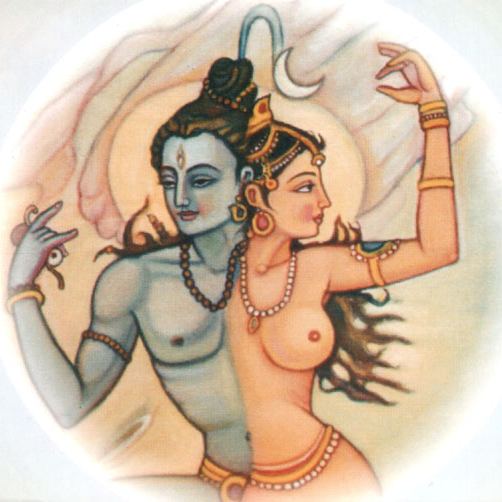What is Love according to the Yoga philosophy?
Love is in fashion! Well, I guess it always used to be. But what we often ignore is that there is more than one type of love.
Our vocabulary seems to be somehow limited when it comes to that word, or maybe it is simply still a bit immature.
We use the word love to describe experiences often very different from each others.
The values and the meanings that each of us gives to the word love can vary amazingly,
nevertheless love is regarded as the solution for all our problems in most New Age philosophies (“All you need is Love!”).
To regard love as the solution for all our problems is not a wrong affirmation. But, what type of love though?
The ancient Greeks used to have 4 different words to describe the different types of love: Agape, Eros, Philia, Storge.
Eros was (mainly) the sexual love, the passionated attraction toward another person.
Philia was the affection for a friend.
Storge was the affection of parents for their children.
And Agape was a more subtle type of love, which we can translate as compassion, unconditional benevolence.
The ancient yogis developed even a more subtle understanding of the Love experience.
They used to have 6 different words for 6 very different Love experiences. Kama, Shringara, Maitri, Karuna, Bhakti, and Atma-Prema.
1. Kama is attraction for sensorial experiences. Craving for sensual objects.
2. Shringara is a romantic love, an attraction for beauty. The intimacy which develops inside one couple and that, from a larger point of view, can symbolise another more subtle form of love called Bhakti.
3. Maitri is the affection for friends, like Philia in Greek.
4. Karuna is more subtle than that, it is compassion toward everyone, unconditional benevolence, like Agape.
5. Bhakti goes even further, it is love for Life, for the Whole, for the Universe, for God, if you like to use a religious term. Here the romance that conventionally is experienced inside one couple becomes instead a romance with the Whole. An intimate poetic dialogue, a subtle relationship with Life Itself.
6. and the result of Bhakti is Atma-Prema. Love for the Self (for the witnessing essence of our existence). At this stage we find the Whole in the Self, the human dualism ends. We finally experience the Onenesses, Samadhi, Yoga. A “spiritual orgasm”, if you like to use a romantic expression!
An experience that goes beyond words because there are no more words to use. No time, to space. Just That.
So, when we talk about love, when we sing songs about that, when we say love is the answer, what type of love are we talking about?

